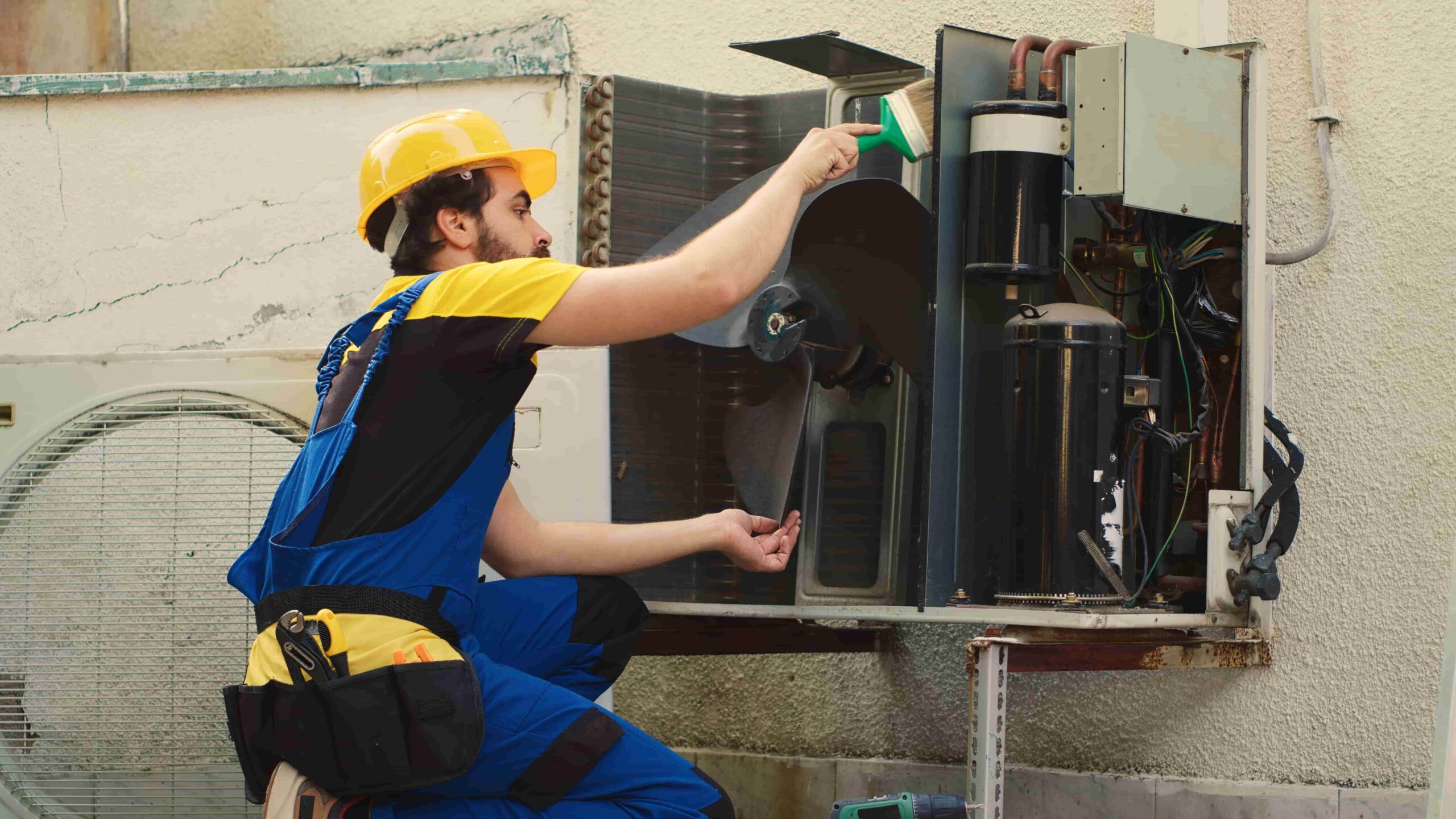What That Strange Smell from Your AC Might Mean

You turn on the AC and, uh-oh, something smells off. Maybe it’s musty, maybe burnt, maybe just…weird. Whatever the case, it’s a signal your HVAC system is trying to tell you something. A strange smell coming from your air conditioning unit can range from harmless to hazardous. In this post, we’ll break down common AC odors, what they typically mean, and what you should do about them.
Common AC Smells and What They Indicate
1. Musty or Moldy Smell
This is one of the most common complaints and usually means mold or mildew is growing somewhere in the system, often in the drain pan or ducts.
Possible Causes:
- Clogged condensate drain line
- Excess moisture in ducts
- Dirty filters or evaporator coils
What to Do:
Have your system inspected and cleaned. A professional HVAC technician can clear blockages, disinfect the unit, and recommend a solution to keep humidity under control.
2. Burning or Electrical Smell
A burnt smell when your Air Conditioner starts up might be dust burning off. But if it lingers or smells like plastic or wiring, it could be a serious electrical issue.
Possible Causes:
- Overheating motor or circuit board
- Worn-out belts
- Electrical short
What to Do:
Turn off the system immediately and contact a licensed HVAC technician. Electrical faults can pose fire hazards.
3. Rotten Egg or Sulfur Smell
This is rare, but if you notice a rotten egg odor, especially from a gas-powered HVAC system, it could indicate a natural gas leak.
What to Do:
Evacuate the home and call your gas provider or emergency services. Do not attempt to locate the leak yourself.
4. Sweet or Chemical Smell
A chemical-like or sweet smell may indicate refrigerant leakage. While not usually dangerous at low levels, refrigerant exposure can be harmful and must be addressed.
What to Do:
If you suspect a refrigerant leak, call an HVAC professional to inspect and recharge the system properly.
5. Dirty Socks Smell
Yes, it’s a real thing. This familiar gym-sock odor often means bacteria or mold has built up on the evaporator coils.
What to Do:
A thorough coil cleaning and filter replacement usually solves the issue. UV lights or coil treatments can help prevent it long-term.
When to Worry (and When Not To)
| Smell | Cause | Action |
| Musty/Damp | Mold or moisture | Schedule cleaning & inspection |
| Burnt | Wiring or motor issues | Turn off & call technician |
| Sweet/Chemical | Refrigerant leak | Turn off & schedule service |
| Rotten Egg | Gas leak | Evacuate & call emergency line |
| Dirty Socks | Moldy coils | Coil cleaning |
If the smell is persistent or appears suddenly and strongly, don’t ignore it, especially if it’s paired with weak airflow, warm air, or system noise.
Preventing Future AC Odors
Keep your HVAC system smelling (and running) fresh by staying on top of:
- Regular filter changes (every 1–3 months)
- Yearly AC tune-ups
- Ductwork cleaning every few years
- Prompt repair of leaks or water buildup
Smart thermostat used to reduce humidity when away
Final Thoughts: Trust Your Nose
Your nose is a great early-warning system. If your AC smells off, it’s probably not your imagination. Acting quickly can prevent bigger issues, improve your indoor air quality, and keep your home safe and comfortable.
Strange smell from your AC?
Contact HVAC Near Me today for expert diagnostics and fast, friendly service you can count on.
